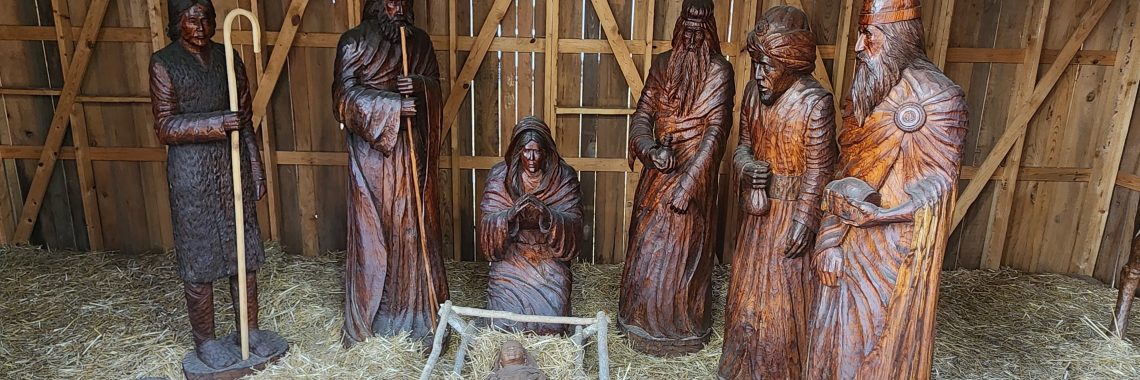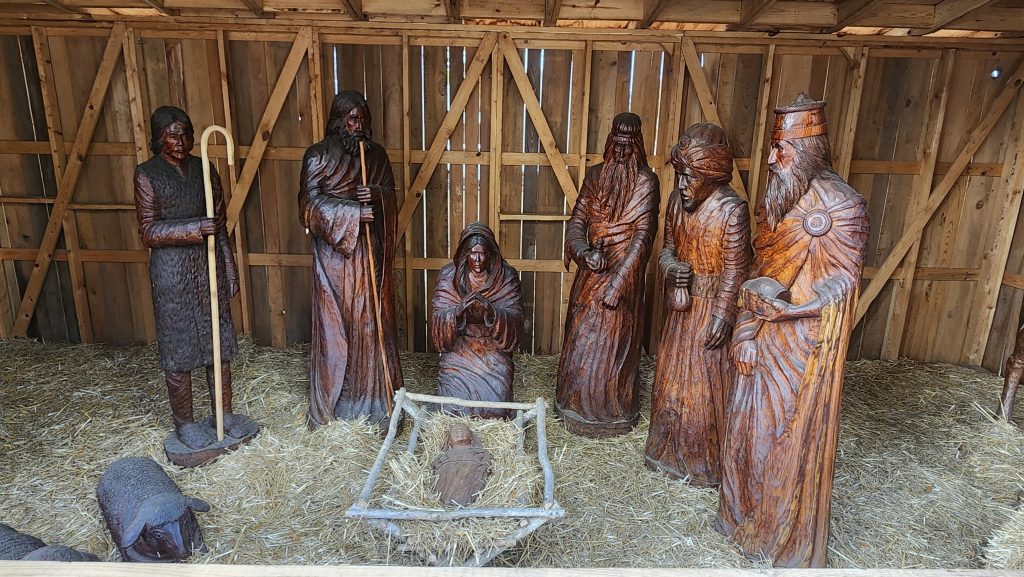The Power of “One Solitary Life”

In 1926, Dr. James Allan Francis wrote a short essay titled, “One Solitary Life.” As we prepare for Christmas, I hope you will join me in pondering this original version of those simple words about the Savior of the World.
One Solitary Life
A child is born in an obscure village. He is brought up in another obscure village. He works in a carpenter shop until he is thirty, and then for three brief years is an itinerant preacher, proclaiming a message and living a life.
He never writes a book. He never holds an office. He never raises an army. He never has a family of his own. He never owns a home. He never goes to college. He never travels two hundred miles from the place where he was born.
He gathers a little group of friends about him and teaches them his way of life. While still a young man, the tide of popular feeling turns against him. One denies him; another betrays him.
He is turned over to his enemies. He goes through the mockery of a trial; he is nailed to a cross between two thieves, and when dead is laid in a borrowed grave by the kindness of a friend. Those are the facts of his human life.
He rises from the dead. Today we look back across nineteen hundred years and ask, what kind of trail has he left across the centuries? When we try to sum up his influence, all the armies that ever marched, all the parliaments that ever sat, all the kings that ever reigned are absolutely picayune [worthless] in their influence on mankind compared with that of this one solitary life.
From all of us at Family Council and the Education Alliance, as we enjoy this wonderful time of year, may we take time to reflect on the true reason we celebrate Christmas: The birth of our savior, Jesus Christ.




